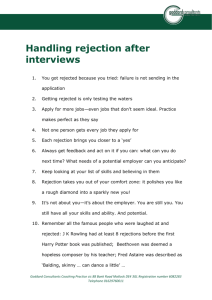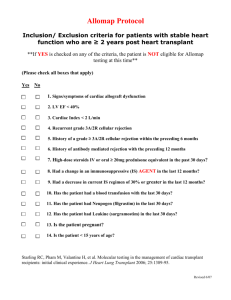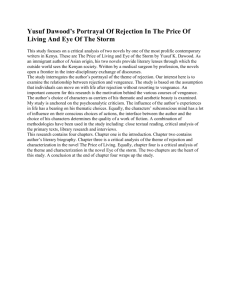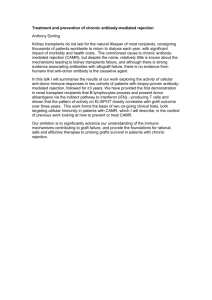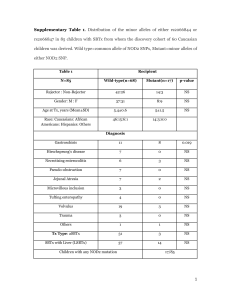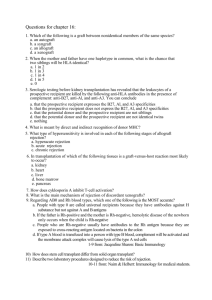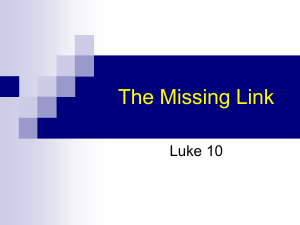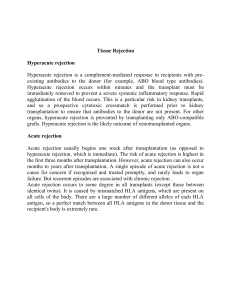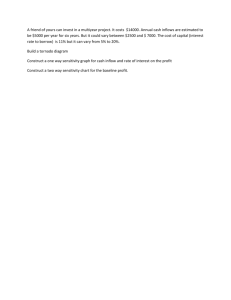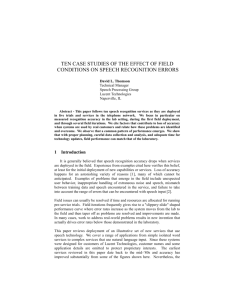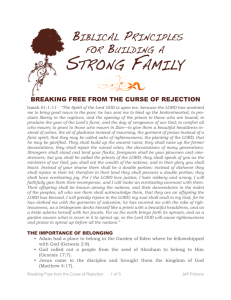The Effects of High Rejection Sensitivity on the
advertisement
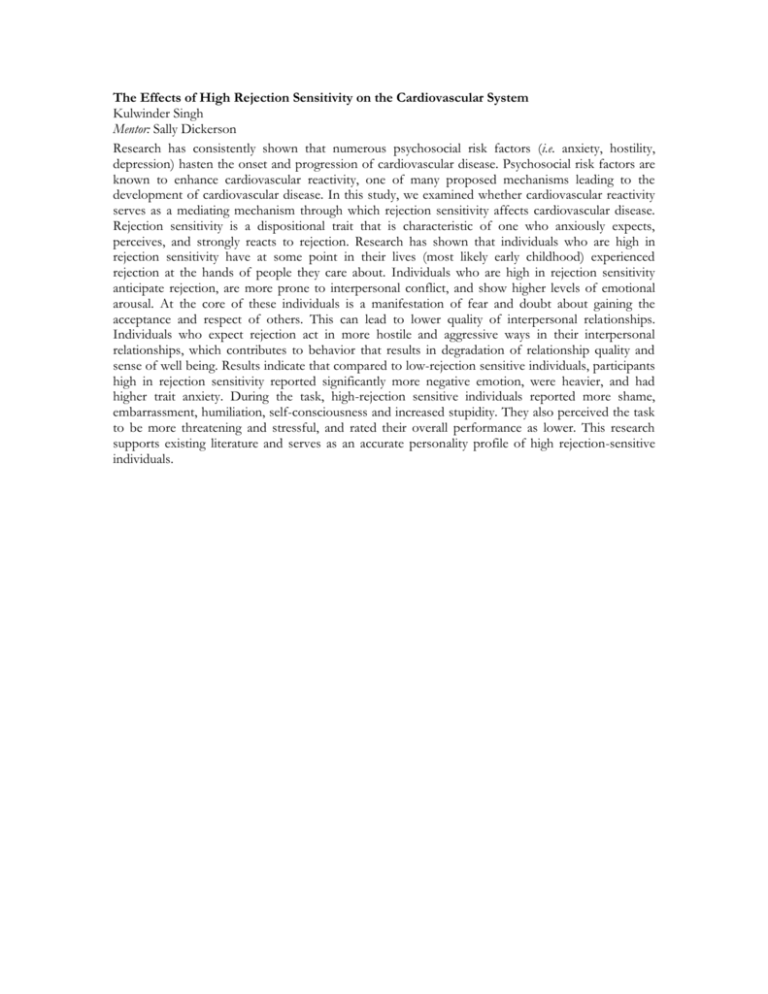
The Effects of High Rejection Sensitivity on the Cardiovascular System Kulwinder Singh Mentor: Sally Dickerson Research has consistently shown that numerous psychosocial risk factors (i.e. anxiety, hostility, depression) hasten the onset and progression of cardiovascular disease. Psychosocial risk factors are known to enhance cardiovascular reactivity, one of many proposed mechanisms leading to the development of cardiovascular disease. In this study, we examined whether cardiovascular reactivity serves as a mediating mechanism through which rejection sensitivity affects cardiovascular disease. Rejection sensitivity is a dispositional trait that is characteristic of one who anxiously expects, perceives, and strongly reacts to rejection. Research has shown that individuals who are high in rejection sensitivity have at some point in their lives (most likely early childhood) experienced rejection at the hands of people they care about. Individuals who are high in rejection sensitivity anticipate rejection, are more prone to interpersonal conflict, and show higher levels of emotional arousal. At the core of these individuals is a manifestation of fear and doubt about gaining the acceptance and respect of others. This can lead to lower quality of interpersonal relationships. Individuals who expect rejection act in more hostile and aggressive ways in their interpersonal relationships, which contributes to behavior that results in degradation of relationship quality and sense of well being. Results indicate that compared to low-rejection sensitive individuals, participants high in rejection sensitivity reported significantly more negative emotion, were heavier, and had higher trait anxiety. During the task, high-rejection sensitive individuals reported more shame, embarrassment, humiliation, self-consciousness and increased stupidity. They also perceived the task to be more threatening and stressful, and rated their overall performance as lower. This research supports existing literature and serves as an accurate personality profile of high rejection-sensitive individuals.
